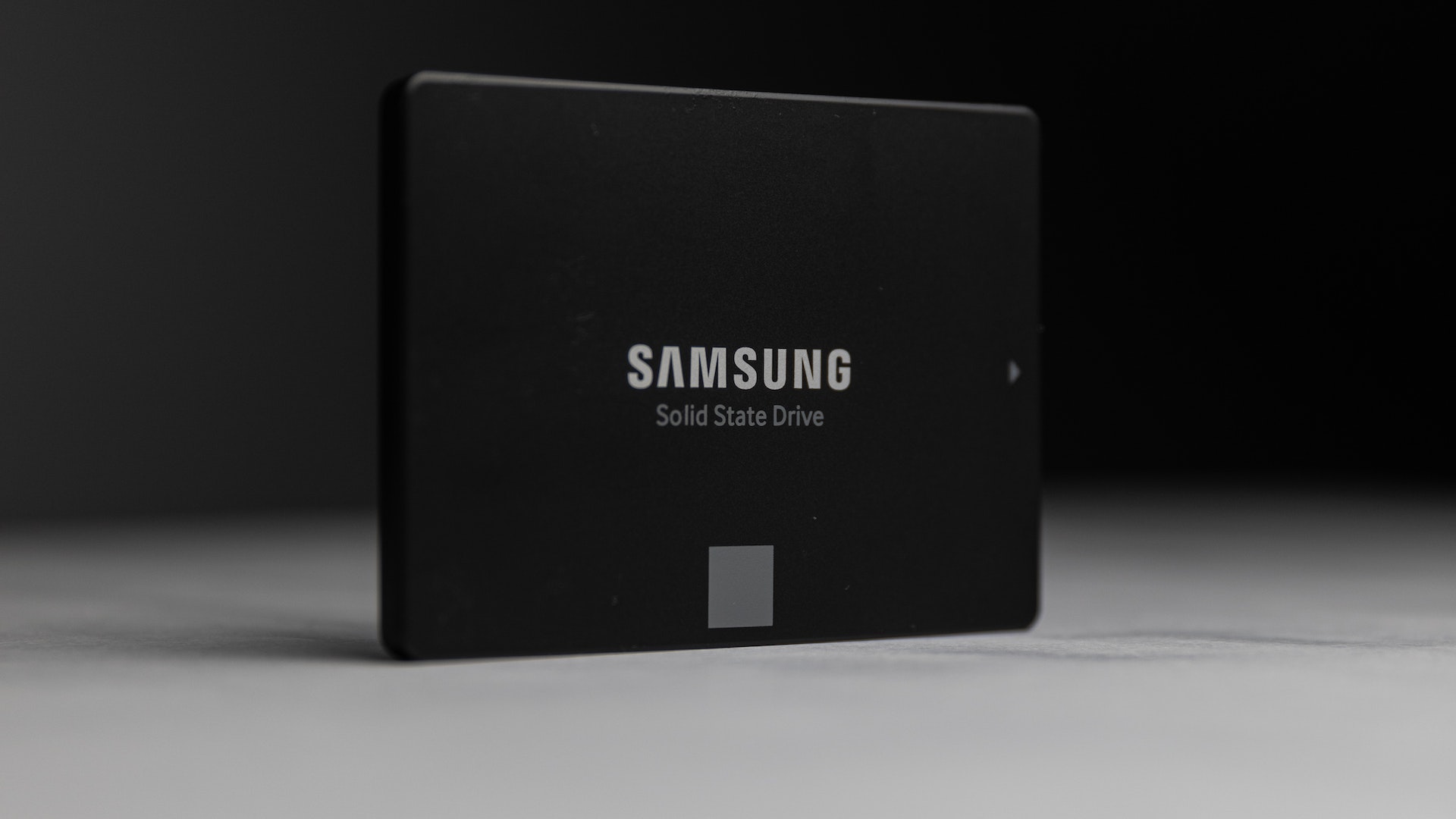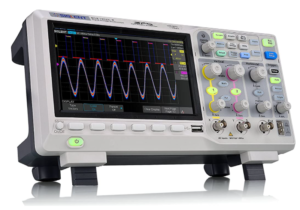In the realm of computer storage, two prominent options have revolutionized data storage: solid state drives (SSDs) and hard disk drives (HDDs). Understanding the differences and similarities between these storage technologies is crucial for making informed decisions when it comes to upgrading or purchasing storage devices. In this blog post, we explore the characteristics, performance, and pros and cons of SSDs and HDDs. By the end, you’ll have a clear understanding of which storage option best suits your needs.
Technology and Structure
The fundamental distinction between SSDs and HDDs lies in their technology and structure. SSDs are based on flash memory, using integrated circuits to store data. On the other hand, HDDs employ magnetic storage and mechanical components to read and write data on spinning platters. This difference leads to several contrasting factors, such as speed, durability, and power consumption.
Speed and Performance
One of the most significant advantages of SSDs over HDDs is their speed. SSDs provide lightning-fast read and write speeds due to their lack of mechanical components and faster access times. This results in quicker boot times, faster application launches, and snappier overall system performance. HDDs, while slower, still offer ample storage capacity at a more affordable price point. They excel in sequential data access tasks such as large file transfers.
Capacity and Cost
HDDs have long been known for their higher storage capacity compared to SSDs. They offer larger storage options at a lower cost per gigabyte. However, as SSD technology advances, the gap is narrowing, with SSDs now available in larger capacities. Although SSDs are generally more expensive, the price difference has significantly decreased in recent years, making them more accessible for consumers.
Reliability and Durability
SSDs have a notable advantage in terms of reliability and durability. Without moving parts, they are less prone to mechanical failures and data loss due to shock or vibration. This makes them ideal for portable devices. HDDs, while generally reliable, are more susceptible to damage if dropped or subjected to physical stress. They are better suited for stationary desktop environments.
Power Consumption and Noise
SSDs are highly efficient in terms of power consumption, drawing less energy and generating less heat. This makes them ideal for laptops and other battery-powered devices, ultimately resulting in extended battery life. HDDs, due to their mechanical components and constant spinning platters, consume more power and generate more heat. Additionally, HDDs produce audible noise during operation, while SSDs operate silently.
Conclusion
Choosing between an SSD and an HDD ultimately comes down to your specific needs and priorities. SSDs offer exceptional speed, durability, and power efficiency, making them ideal for those seeking optimal performance. HDDs provide larger storage capacities at a more affordable price, making them suitable for budget-conscious users with high storage requirements. Consider your budget, storage needs, performance expectations, and the intended use case to make an informed decision that aligns with your requirements.

